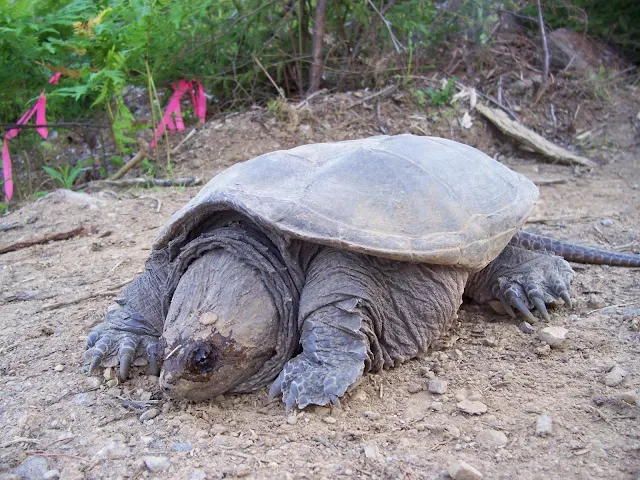In Ernest Callenbach's semi-utopian 1975 novel Ecotopia, advertising is strictly regulated. Ads can only give factual information about products. No psychological warfare arm twisting victims into buying things they don't need in the name of profit in this sustainable society.
I could love this book for that alone, but it has so much more to offer. It serves up a working model of what-could-be, an alternative to our current race to extinction. It has answers for the person looking at what consumer capitalism has done to our planet, and asks "what can I do?"
In 1981 he wrote a prequel called Ecotopia Emerging, in which he describes how society began to be changed from one in which "Toxic contamination of air, water, and food has become intolerable. Nuclear meltdowns threaten. Military spending burdens the economy. Politicians squabble over outdated agendas while the country declines."
Hmm, sounds familiar. Ecotopia Emerging is on my reading list, but it feels like I am living it every day. This is our reality. Will we evolve to a sustainable, cooperative society in time?
Callenbach returned his component parts to the Earth in 2012, but his legacy carries on in millions of readers and admirers. Many people are already living Ecotopia lifestyles, and it is only a matter of time before everyone else will be forced by necessity to adopt one-planet living.
A document was found on the computer of Callenbach after his death. In it he addresses his audience to open the essay.
"To all brothers and sisters who hold the dream in their hearts of a future world in which humans and all other beings live in harmony and mutual support -- a world of sustainability, stability, and confidence. A world something like the one I described, so long ago, in Ecotopia and Ecotopia Emerging."
Hey! He's talking to us.
Toward the end of the piece he writes,
"Since I wrote Ecotopia, I have become less confident of humans' political ability to act on commonsense, shared values. Our era has become one of spectacular polarization, with folly multiplying on every hand.
That is the way empires crumble: they are taken over by looter elites, who sooner or later cause collapse. But then new games become possible, and with luck Ecotopia might be among them."
Again, sounds eerily familiar. But as he points out, when things break down, new possibilities emerge, and we should therefore seize the day and make sure that all economies move toward sustainability as soon as possible.
"Let us embrace decay, for it is the source of all new life and growth."
We can all help manifest a better world through our behaviours, habits, and expectations. Ecotopians are building an alternative to the madness - a sustainable society in which all living things benefit mutually.
"So it behooves me here to gather together some thoughts and attitudes that may prove useful in the dark times we are facing: a century or more of exceedingly difficult times.
How will those who survive manage it? What can we teach our friends, our children, our communities?
Although we may not be capable of changing history, how can we equip ourselves to survive it?"
Read the rest of Ernest Callenbach's last essay at "Common Dreams".














